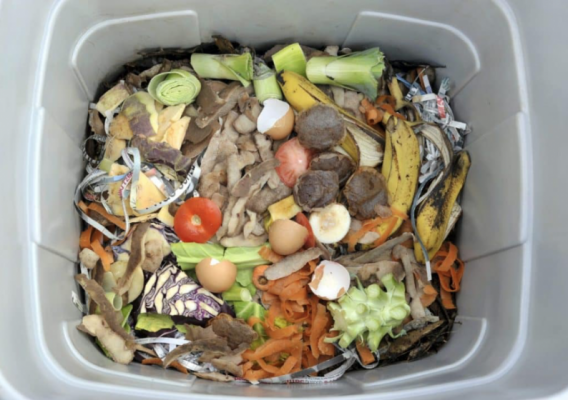As mentioned in the March[1] and May 2023[2] editions of BOMA Info, the Stratégie de valorisation de la matière organique [organic matter recovery strategy] that the Ministère de l’Environnement, de la Lutte contre les changements climatiques, de la Faune et des Parcs published on July 3, 2020 (the “Strategy”), will make it mandatory by 2025[3] for all ICIs to collect paper and cardboard and food and yard waste.[4]
It is extremely likely that towns and cities will play a key role in implementing the Strategy since, under the Environment Quality Act, they are responsible for residual materials management within their territories. It will be important to pay attention to how each of them will impose organic materials management requirements on ICIs. In this regard, the measures that certain cities such as Gatineau, Sherbrooke and Drummondville have put in place may serve to influence their policies. It would not be surprising to see the requirement of source separation of materials being imposed or food residues in waste being prohibited.
Although the Strategy relies on market forces for its implementation, and nothing indicates that enforcement measures will be used against ICIs, an increase in the fees payable for the disposal of residual materials is planned ($30/tonne with an annual increase of $2/tonne). In certain European countries, such fees can reach up to $100/tonne! It should also be kept in mind that provincial regulations applicable to selective collection[5] and deposit-refund systems[6] impose certain penalties that may be duplicated, namely fines of between $1,000 and $10,000 for administrative infractions and $3,000 to $6,000,000 for offences.
We recommend that building owners start preparing for these new obligations now, especially in planning new real estate projects, and that they keep an eye out for any support and programs offered by Recyc-Québec and on the review of its financial support program for organic waste management in the ICI sector [Programme d’aide financière à la gestion des matières organiques dans le secteur des ICI]. The program can provide assistance of between $30,000 and $300,000 for projects meeting program requirements.[7]
Keep Green in real estate!
Me Pascal Provost
Associate Lawyer
Me Elisa Eouzan
Lawyer
With thanks to Me Nadia Abida, lawyer.
[1] Linda Plante, “Managing Organic Waste: An Industry in Solution Mode,” BOMA Info, March 22, 2023, online: https://www.boma-quebec.org/news-letters/release/2023-03-22/boma-info-march-2023.
[2]BOMA Info, “Sorting Organic Materials: Clarifications and Additional Info,” May 11, 2023, online: https://www.boma-quebec.org/newsletter-in-details/2023-05-11/boma-info-may-2023/sorting-organic-materials-clarifications-and-additional-info.
[3]Recyc-Québec, SVMO-Échéancier de mise en œuvre pour les ICI et avancement [re: organic matter recovery strategy- implementation timetable for ICIs and progress], online, in French only: https://www.recyc-quebec.gouv.qc.ca/municipalites/matieres-organiques/strategie-valorisation.
[4] Stratégie de valorisation de la matière organique [re: organic matter recovery strategy], p. 47, online, in French only: https://www.environnement.gouv.qc.ca/matieres/organique/strategie-valorisation-matiere-organique.pdf.
[5] Regulation respecting a system of selective collection of certain residual materials.
[6] Regulation respecting the development, implementation and financial support of a deposit-refund system for certain containers.
[7] To find out about eligibility requirements and the selection process, see Recyc-Québec, Programme de soutien à la gestion des matières organiques dans le secteur des industries, commerces et institutions (ICI), online, in French only: https://www.recyc-quebec.gouv.qc.ca/sites/default/files/documents/pmoici-cadre-normatif.pdf.

